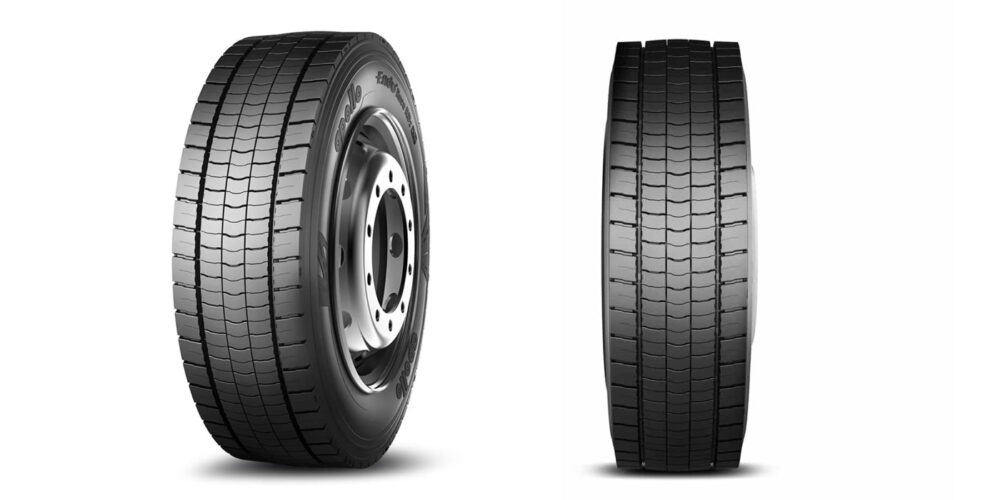During the course of the last five Clean Fuel Corners, we’ve attempted to bring you up to speed on the changes taking place in the world of diesel fuel and engine technology and why it should be of concern to anyone owning or operating diesel-driven equipment. Recall that generally these changes are being forced by emissions control legislation globally, advancements in injector technology and changes in fuel specification [10ppm sulphur content]. With some parts of the world being further along in the implementation than others, the end results in the long run will be the same: cleaner air coming out of diesel engines, injection technology more sensitive to dirt and water, and new fuel and additive chemistries to make everything run.
Some OEMs have announced that they will be using their latest low-emission engine technology for export into markets where emissions regulations may not yet be fully enacted. In countries where higher sulfur diesel is still in use (much of the developing world), this would poison low-emissions aftertreatment catalysts, so there will be plans put in place to remove the emissions devices before being sold into these markets. This will be acceptable if that market does not regulate total particulate or NOx being emitted. However, the sensitive nature of these latest-and-greatest engines (using high pressure common rail) to any dirt in the fuel will surely create challenges for end-users of this equipment, making the use of clean diesel fuel more critical than ever.
Fuel being delivered from the refinery through distribution picks up contaminant along the way. To protect against taking delivery of this dirt, we advocate high efficiency filtration at the inlet of the tank infrastructure used to fuel equipment. It provides a very effective place to filter due to the high volumes of steady-state flow (filters perform their best at steady-state vs. cyclical flow), and will insure against any future fuel supply issues. When sizing the inlet filtration system, one must take into consideration the monthly consumption and the level of cleanliness of the fuel supplied. Once problematic fuel is delivered into your revenue-generating assets, the cost to deal with it goes up exponentially. To combat the entrance of ambient dirt and moisture, we advocate for an effective breather filter on the tank. This will keep your liquid “investment” protected against the elements and put you in a position to deliver the cleanest fuel into your equipment.
The most critical step in delivering clean fuel is also the most obvious. You must utilize a high efficiency filter on the downstream side of the tank, filtering the fuel as it’s being dispensed into the equipment. This will be the last chance against any contamination that may exist. Even though you filtered on the inlet, tank scaling, contamination from piping or general fuel/additive stability problems can exist downstream.
It is important you target a fuel cleanliness level that will allow you to meet your desired equipment service intervals, and be sure that anything that might plug the onboard filter during operation will instead plug the dispenser filter. This will allow you to contain and deal with a problem without passing it downstream. For this reason, we advocate a cleanliness level of delivered fuel to be ISO 14/13/11. This level of cleanliness is high enough so that it can still be measured with a simple patch test but low enough that it will generally plug up with the same “stuff” that will plug the onboard filter.
The end user is responsible for ensuring that clean fuel is supplied to the equipment and juggling all of the diesel-engine related topics can be daunting: H2O, NOx, PM, sulfur, hydrocracking, catalysts, ULSD, additives, ISO Cleanliness, microns, high pressure common rail, Tier 4, etc. Use the experts that exist in the market to help you understand; ask questions and seek answers on all-things diesel. When it comes to fuel cleanliness, apply the principles outlined in these columns (clean fuel at the tank inlet, protect it in storage and polish it as it is dispensed into your equipment), and you will gain the confidence that no matter what challenges or problems your incoming fuel may present, none of them will ever reach your equipment.
Using clean fuel to keep running!
Deena Kasavelu is the sales manager, clean fuel and lube solutions, Donaldson Filtration Systems.













